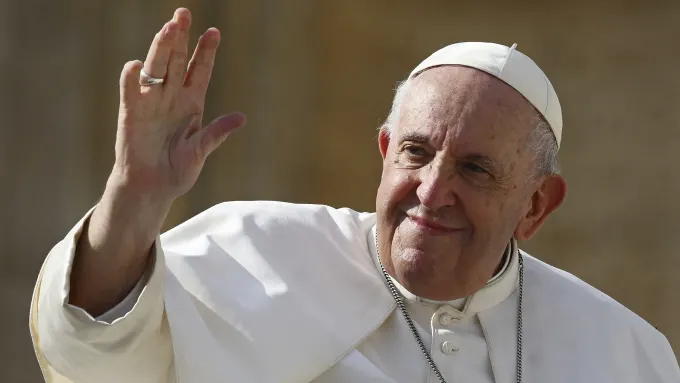
Pope Francis, known for championing the poor and steering the Catholic Church through significant reforms despite internal opposition, passed away on Easter Monday at the age of 88, according to the Vatican.
His death came just a day after Easter Sunday—the most sacred day in Christianity, marking the resurrection of Jesus Christ. Despite ongoing health challenges, Pope Francis made several public appearances during Holy Week, including a final Easter Sunday appearance that drew joyful crowds to St. Peter’s Basilica in Rome.
Cardinal Kevin Farrell, the Vatican’s camerlengo who now temporarily oversees Vatican affairs, confirmed the pope died peacefully at 7:35 a.m. local time. “With deep gratitude for his faithful service, we entrust Pope Francis’ soul to the boundless mercy of the Triune God,” the official statement read.
Earlier this year, Pope Francis experienced a serious health scare, including a five-week hospital stay for double pneumonia. Though he had been discharged and was recovering at his Vatican residence, Casa Santa Marta, officials had reported signs of improvement as recently as last week.
Remarkably, Francis remained active up until Easter, including a short meeting with U.S. Vice President JD Vance. Although an aide delivered the traditional Urbi et Orbi message, the pope still offered his Easter blessing from the balcony of St. Peter’s. Reflecting on their meeting, Vance expressed his sorrow on X (formerly Twitter), noting, “It was a blessing to see him, though he was clearly very unwell. My thoughts are with the millions of Christians who cherished him.”
Throughout his papacy, Francis was a strong voice for compassion and justice—especially for migrants. He did not shy away from criticizing controversial immigration policies, including those under former U.S. President Donald Trump. His progressive stance often put him at odds with conservative factions within the Church, particularly in the United States, as he pushed back against rising nationalist ideologies.



